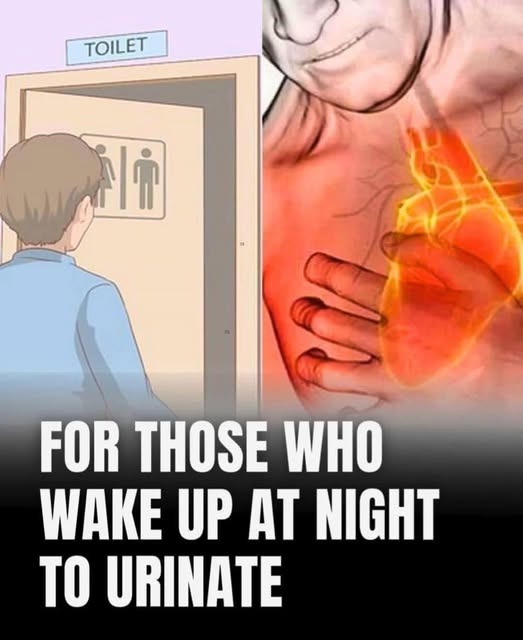4. Pregnancy
As the uterus expands, it puts pressure on the bladder.
This is common in the second and third trimesters — and usually resolves after delivery.
5. Medical Conditions
Frequent nighttime urination can be a red flag for several serious health issues:
Diabetes (Type 1 & 2)
High blood sugar causes excess urine production (polyuria)
Diabetes Insipidus
A rare condition where the body can’t regulate fluid balance
Urinary Tract Infection (UTI)
Irritates the bladder, causing urgency and frequency
Enlarged Prostate (BPH)
Compresses the urethra, leading to incomplete emptying and frequent urges
Congestive Heart Failure
Fluid pools in legs during the day; when lying down, it returns to circulation and gets filtered by kidneys at night
Chronic Kidney Disease
Impaired kidney function affects urine concentration
Sleep Apnea
Low oxygen levels trigger hormone changes that increase nighttime urine
6. Sleep Disorders
Conditions like insomnia, restless legs syndrome, or obstructive sleep apnea can fragment sleep, making you more aware of bladder sensations — even if urine volume is normal.
Symptoms of Nocturia
You may have nocturia if you:
Wake up two or more times per night to urinate
Feel the urge to go even after emptying your bladder
Produce large volumes of urine at night (nocturnal polyuria)
Feel tired, groggy, or unfocused during the day
⚠️ Waking up 5–6 times a night is not normal — it’s a sign something’s wrong.
When to Start Worrying
While occasional nighttime urination is common, seek medical advice if you:
Wake up frequently for weeks or months
Notice increased thirst or weight loss (possible diabetes)
Have pelvic pressure, pain, or burning during urination (possible UTI)
Experience snoring, gasping, or daytime sleepiness (possible sleep apnea)
Are an older adult at risk of falls — getting up at night increases the chance of injury
How Is Nocturia Diagnosed?
Your doctor will likely:
